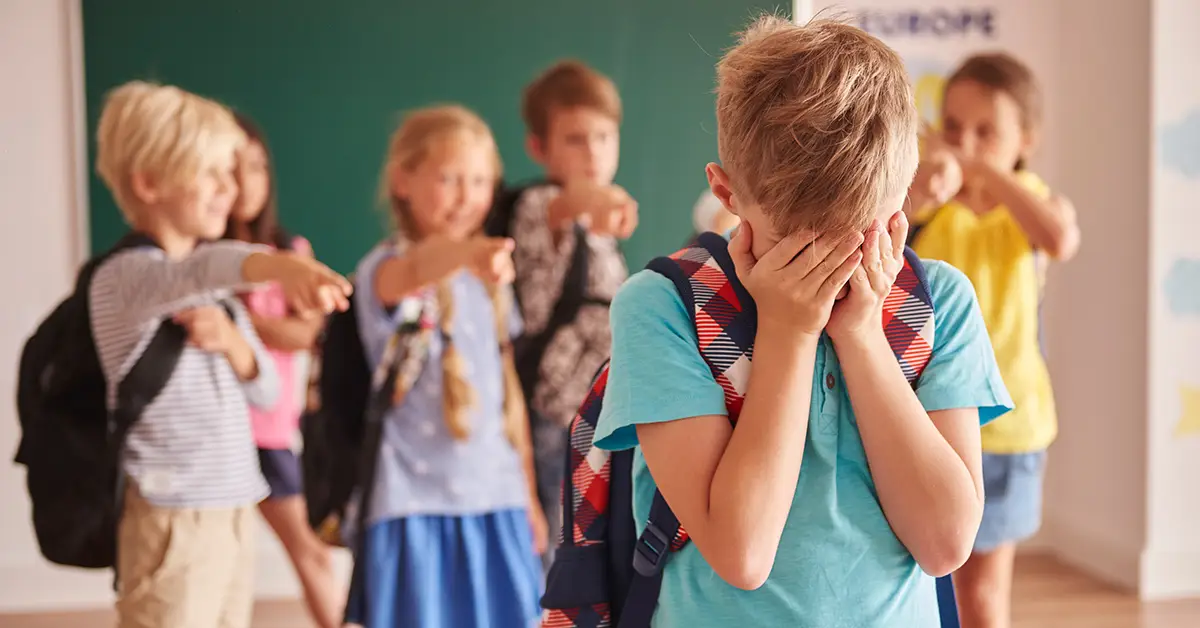Bullying and school problems
Bullying has profound global effects on children. It not only inflicts immediate emotional and physical harm but also leads to long-lasting consequences. Children who experience bullying often suffer from low self-esteem, anxiety, depression, and academic difficulties. The negative impact extends beyond the individual, affecting the overall well-being of societies. Bullying hampers a child’s ability to develop healthy relationships, inhibits their social skills, and increases the likelihood of isolation and self-destructive behaviors. Furthermore, it perpetuates a culture of violence and intolerance, eroding trust and empathy. Combating bullying is crucial to safeguarding children’s mental health, promoting inclusivity, and fostering harmonious communities worldwide.
Parents and teachers play pivotal roles in addressing bullying issues at school. They can:
- Foster open communication: Encourage children to share their experiences and feelings, creating a safe space for dialogue.
- Educate and raise awareness: Teach children about empathy, tolerance, and the harmful effects of bullying, promoting a culture of kindness and respect.
- Implement anti-bullying policies: Work with school administrations to establish clear guidelines and consequences for bullying behaviors.
- Monitor and intervene: Keep a vigilant eye on children’s interactions, addressing any signs of bullying promptly and assertively.
- Encourage bystander intervention: Teach children to stand up for victims and report incidents, creating a supportive environment.
- Provide support: Offer counseling services, peer support programs, and resources for both victims and bullies to address underlying issues.
- Collaborate with the community: Engage parents, community organizations, and local authorities to create a united front against bullying.
UNICEF data reveals concerning levels of violence and bullying in schools worldwide. According to their findings, approximately 150 million students aged 13 to 15 experience bullying globally. Moreover, one in three students worldwide, or around 246 million children, endure physical fights at school. These alarming statistics demonstrate the pervasive nature of violence and bullying within educational settings. UNICEF emphasizes that such violence not only violates children’s rights but also impedes their access to quality education. It underscores the urgent need for comprehensive measures to address and prevent bullying, ensuring safe and inclusive learning environments for all children.



